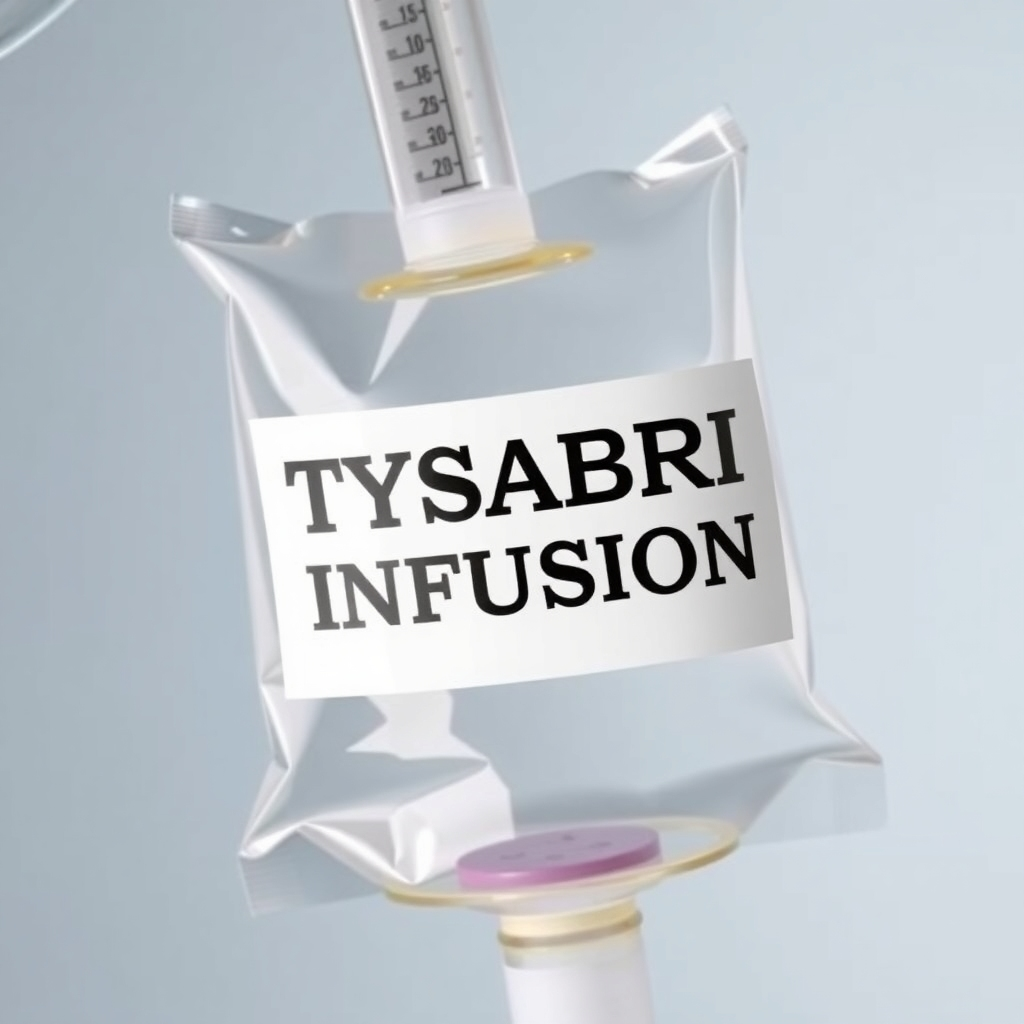Side Effects of Tysabri
The side effects of Tysabri, I must warn you, makes quite a long list. Besides PML; a potentially life threatening viral infection of the brain, there are other serious allergic reactions and side effects that you can have while taking it. The list below is taken mostly from the form you would sign every time you go in for treatment.
Tysabri is a powerful medication used to treat multiple sclerosis (MS), but like any treatment, it comes with potential side effects. If you’re considering or currently receiving Tysabri infusions, it’s important to be informed about what to expect. Some side effects are mild, while others can be serious, and knowing the signs can help you stay proactive about your health.
Understanding the Risks of Tysabri
Before each infusion, you’ll go through a screening process to ensure Tysabri is still the right treatment for you. This includes answering questions about your health and reviewing a form that outlines the potential side effects. You’ll also need to sign the form before receiving the IV infusion.
It might seem like a lot, but this process is in place to protect you—to make sure you’re aware of the risks and can recognize symptoms if they arise.
Progressive Multifocal Leukoencephalopathy (PML)
One of the most serious risks associated with Tysabri is progressive multifocal leukoencephalopathy (PML), a rare but potentially life-threatening brain infection. PML is caused by the JC virus, which is harmless in most people but can become dangerous in those with weakened immune systems.
Symptoms of PML can include:
- Weakness on one side of the body
- Vision problems
- Difficulty speaking
- Loss of coordination
If you experience any sudden neurological changes, contact your doctor immediately. Early detection is crucial.
Allergic Reactions
Some people experience allergic reactions to Tysabri, which can happen within two hours of the infusion or even later. Symptoms include:
- Hives or itching
- Trouble breathing
- Chest pain
- Dizziness or chills
- Wheezing
- Flushing of the skin
- Low blood pressure
If you notice any of these symptoms during your infusion, alert your nurse immediately. If they occur after you leave, call your doctor right away.
Infections and Immune System Suppression
Tysabri affects the immune system, which means you’re at a higher risk for serious infections. If you experience any of the following, don’t wait—contact your doctor:
- Fever
- Aches and chills
- Nausea or vomiting
- Weakness
Your immune system plays a crucial role in fighting off infections, so staying vigilant is key.
Liver Damage
Liver health is another concern with Tysabri. Your doctor will likely monitor your liver function with blood tests, but you should also watch for symptoms such as:
Yellowing of the skin and eyes (jaundice)
- Dark urine
- Nausea or vomiting
- Unusual fatigue or weakness
If you notice any of these signs, contact your doctor immediately.
Other Common Side Effects of Tysabri
While not as severe as PML or liver damage, Tysabri can cause other side effects that may impact your daily life. These include:
- Headaches
- Urinary tract infections
- Lung infections
- Pain in arms and legs
- Vaginitis
- Nose and throat infections
- Fatigue
- Joint pain
- Depression
- Diarrhea
- Rash
- Stomach pain
If any of these symptoms persist or worsen, talk to your doctor. Even mild side effects can become disruptive over time.
Monitoring Your Health
Taking Tysabri can be an effective way to manage multiple sclerosis, but staying aware of changes in your body is just as important as receiving treatment. Since Tysabri affects the immune system and nervous system, new or worsening symptoms should never be ignored. Even subtle shifts in how you feel could indicate something that needs attention, and early detection is key to preventing complications.
Paying close attention to your health allows you to:
- Identify any potential side effects before they become serious
- Work with your doctor to adjust your treatment if necessary
- Reduce the chances of an infection or another complication going unnoticed
When to Call Your Doctor
Certain symptoms require immediate attention and knowing what to watch for can help you take action at the right time. If you experience any of the following, you should reach out to your doctor as soon as possible:
Why Reporting Symptoms Matters
- Sudden changes in thinking or memory – Feeling confused, forgetful, or struggling with concentration may indicate a neurological issue that needs to be further evaluated.
- Vision problems – Blurred vision, loss of sight in one or both eyes, or trouble focusing can signal inflammation in your optic nerves.
- Balance or strength issues – If walking feels unsteady or if muscle weakness seems worse than usual, it’s worth getting checked.
- Persistent fatigue or weakness – MS-related fatigue is common, but if it worsens suddenly or feels different than usual, don’t dismiss it as just being a normal symptom.
It’s easy to assume that some symptoms will pass on their own, but being proactive can help prevent complications. Your doctor may choose to monitor symptoms over time or recommend tests to rule out serious side effects.
If you ever feel unsure about what you’re experiencing, don’t hesitate to reach out—trust your instincts when it comes to your health. Your well-being is a priority, and speaking up about concerns ensures you get the care you need.
Final Thoughts: Stay Safe, Stay Informed
Your health and well-being are the most important things. While Tysabri can be an effective treatment for MS, it’s crucial to stay informed, report symptoms, and advocate for yourself during your treatment.
Again, if you ever feel unsure about anything, trust your instincts. Reach out to your doctor. Being proactive can make all the difference.
Here's another article about the side effects of Tysabri on the Healthline site. (Link will open in a new window).
Dear Friends,
"Life in Spite of MS is a participant in the Amazon Services LLC Associates Program, an affiliate advertising program designed to provide a means for sites to earn advertising fees by advertising and linking to Amazon.com. We're also part of the Ebay Partner Network, another affiliate program."
We'd also like you to know it doesn't cost one cent more when you click through the links here on our blog. Not one single penny. And we will make a little extra cash when you do click through. We'll be ever so appreciative. You also have our word that we'll only link to things that we would use ourselves, (or wish we could have or use).
Sincerely,
Cir & Akrista
You are reading original content written by Akrista or Cir L'Bert of Life in Spite of MS. If you enjoyed reading this blog, please consider following us on Facebook, Twitter, Pinterest, and Instagram. See you there!
Privacy Policy ~ Advertising Policy ~ Disclaimer ~ Contact Us ~ About Us





New! Comments
Have your say about what you just read! Leave me a comment in the box below.